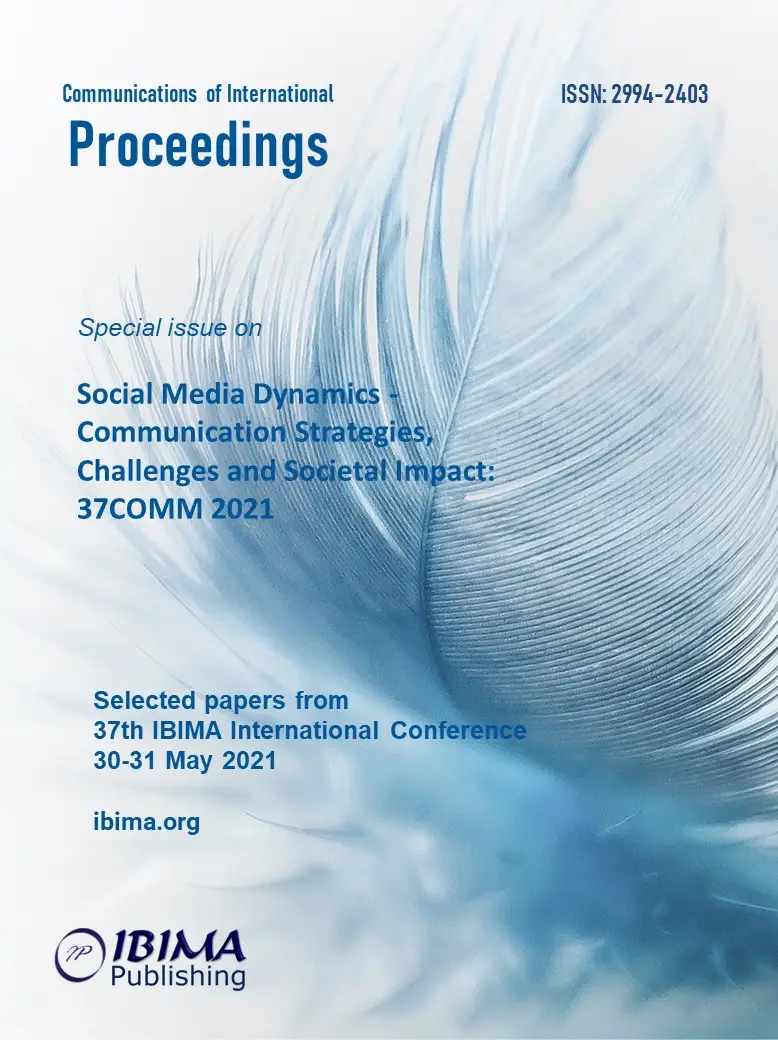

Krzysztof LIGEZA and Klaudia SKELNIK
Naval Academy of the Heroes of Westerplatte, Gdynia, Poland,

The article indicates threats to the stability of public space in consolidated democracies, resulting from the mechanisms of filter bubbles. It was highlighted when we are surrounded by information published by media and by statements made by friends which align with our personal views, we fall under an erroneous impression that these are the only correct views on a given matter. It should be stressed that the lack of contrary opinions radicalises one’s views and narrows one’s viewpoints. Despite all accusations which could be levelled at information bubbles we need to admit that they are simply convenient. We all prefer interacting with information which is in agreement with our own views. It is therefore logical that we increase the influx of some information automatically (is it a conscious effort?) while rejecting others. At this point it is worthwhile to consider the origin of the name of the phenomenon in question. It was created by Eli Pariser, and first introduced in the book The Filter Bubble: What the Internet is Hiding From You (2011). The word bubble indicates a sealed-off, hermetic space, as well as something not easily seen – a reference to the discreet operations of algorithms and the unawareness of users as to their existence. Personalisation and filtering of information will have an increasing impact on the results of searches for more accurate information on topics open to a broad range of subjective judgements. In the case queries for more basic information of a relatively uncontroversial nature they should be of little significance. The article indicates threats resulting from the effects of the filter bubble on two areas – the state and society. The authors intend to show the exposure of society to manipulation through the use of filter bubbles, which affect emotions, cognition and behaviour of people by means of a manufactured image of reality. It should be highlighted that in order to achieve the set goals the filter bubble takes advantage of the imperfections of the human mind. It allows one to manipulate public opinion on an unprecedented scale. Human beings as social creatures are susceptible to the influence of other people, also found in cyberspace. It should be emphasised that currently the scope of influence of information has made it a global driving stimulus, which exists beyond conventional institutional order. The power of its influence increases with the emergence of new elements of the information and communication system, especially the development of IT systems, digital platforms, telecommunications networks and potential end-users.